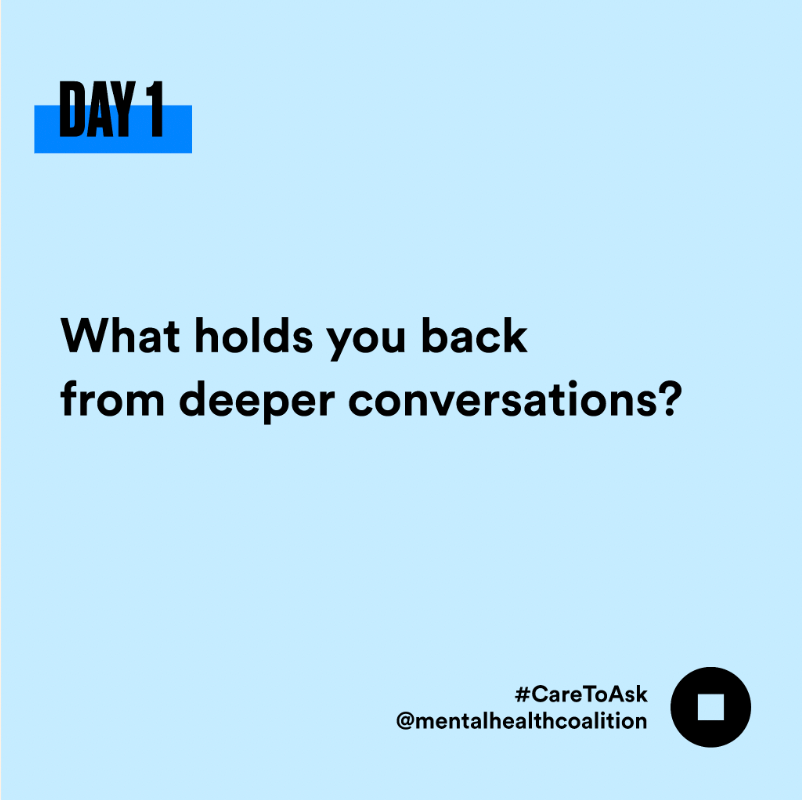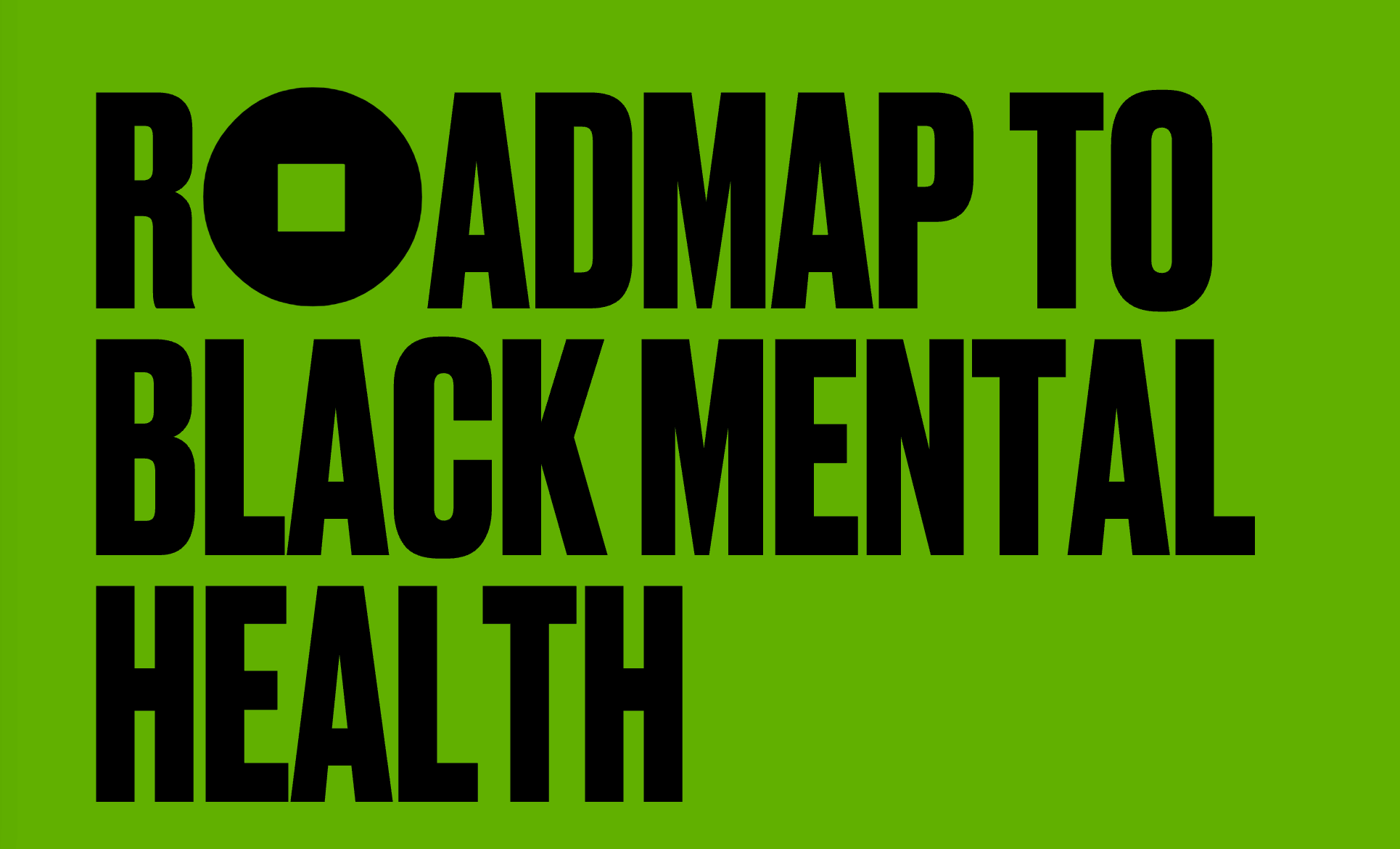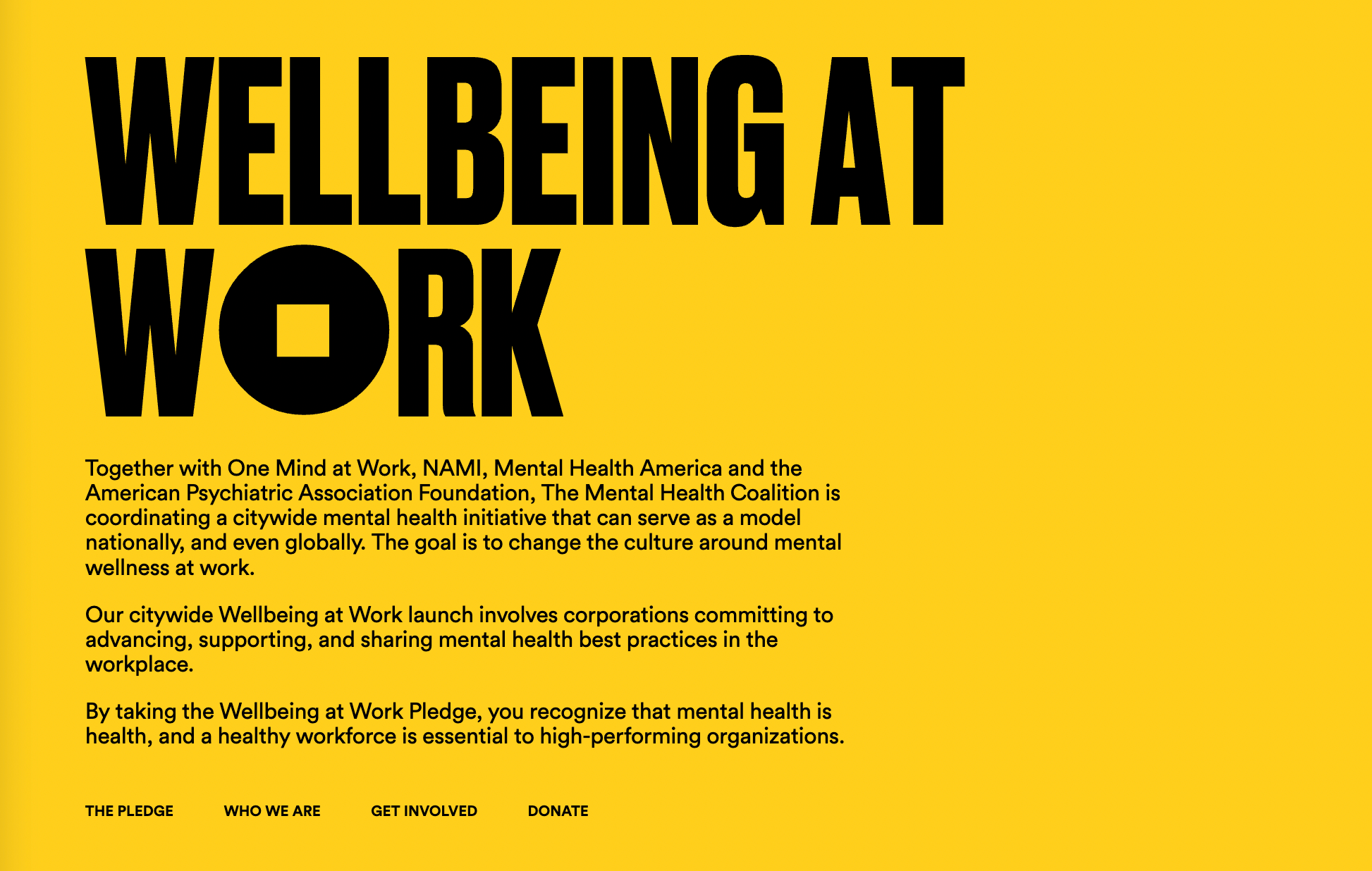
How to Support & Advocate for Asian American and Pacific Islander Mental Health
It’s BIPOC Mental Health Awareness Month, so throughout the next few weeks, we’re going to shine a spotlight on how to advocate for healing and social justice for specific communities of color. Learn more about BIPOC mental health and view all of our BIPOC community guides here.
Here we have some tips for Asian Americans and Pacific Islanders to care for their mental health, and for non-AAPI people to increase their awareness and learn how to be an effective ally.
Learn About… Systemic Racism Toward Asian Americans and Pacific Islanders in U.S. History
Violence towards Asian Americans occurs in cycles punctuated by dormancy. Asian people are often “welcomed in this country as long as we are seen as useful to the larger American project… during times of social, political, economic instability, then we are marginalized again and seen as a ‘perpetual foreigner’ and therefore a threat to national security.” (NAMI)
Make a commitment to 1) unlearn negative ideas around Asian communities, 2) educate yourself around anti-Asian political systems, 3) take your time processing the emotions that come up for you, and 4) report anti-Asian hate crimes (stopaapihate.org).
Understand… the Western Model Isn’t One-Size-Fits-All
The Western model of mental health often doesn’t feel affirming to individuals from AAPI communities. For example, there tend to be big differences in how Western and Eastern cultures view the mind-body connection, expression of emotion, and the value of communal experiences. (BC2M)
Some common experiences for AAPI folks are the pressure to live up to the ‘model minority myth,’ the pressure to prove one’s ‘American-ness’ due to feeling like a ‘perpetual foreigner,’ the push and pull between multiple cultures, and the toll of racial stereotypes — these all affect mental wellbeing.
Research… Culturally Affirming Mental Health Resources
Almost 70% of Asian Americans have never received psychotherapy compared with other groups which ranged from 50-30%. (BC2M)
This may be due to the many systemic barriers to accessing mental health care and quality treatment, (i.e., low availability of linguistically and culturally appropriate mental health providers) as well as cultural norms and mental health stigma. Learning about and sharing mental health resources that are tailored to AAPI individuals, however, can help address this. (NAMI)
Celebrate… AAPI Identity & Heritage
Despite the discrimination and historical trauma many AAPI individuals face, fostering strong ethnic and community identities can be healing. Studies report a strong sense of ethnic identity is linked to a lower risk of suicide and greater resiliency when confronted with racial discrimination. (DBSA)
One way to celebrate your heritage is to practice cultural traditions or spiritual rituals. Some other ways are engaging with music, art, and film by AAPI creators, and learning recipes or dishes from family and community.
Share Resources & Take Action
Learn more at…
- Stop AAPI Hate
- Mental Health for Asian Communities (by MHC Program Board Member Dr. Jenny Wang)
- Asian American Psychological Association
- Mental Health America AAPI Resources
- The Asian American Studies Institute at the University of Connecticut + #IAMNOTAVIRUS Campaign created a downloadable workbook to promote and prioritize self-care for Asian Americans.
Find a therapist at…
- Therapists – Asian Mental Health Collective
- Find a South Asian Therapist Near You
- Asians for Mental Health (founded by MHC Program Board Member Dr. Jenny Wang)
Guide created by MHC Research team: Khyia Ward, Anna-Marie Fennell, Dr. Naomi Torres-Mackie
Guide reviewed by Dr. Nellie Tran, Asian American Psychological Association (AAPA)


